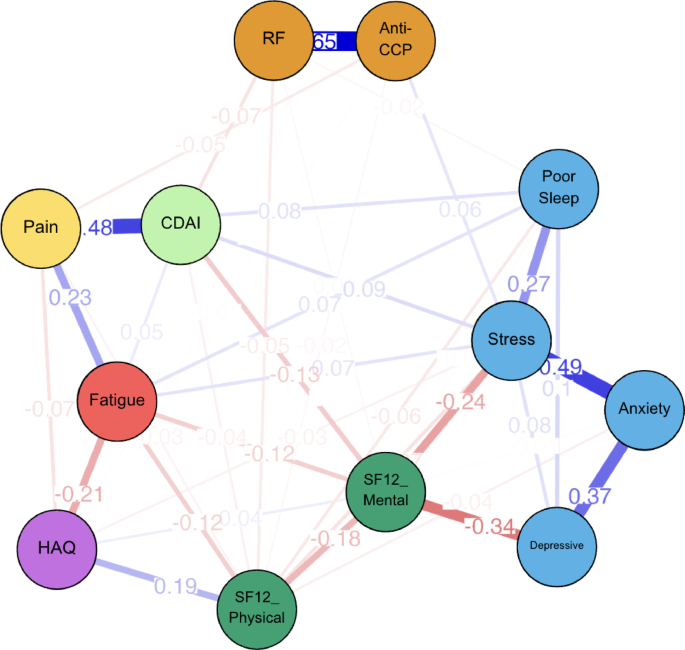Reimagining Mental Health Care on the Frontlines of War

On February 22, 2022, community activist Juliy Morozov planned to sign an agreement that would finally launch his long-held dream.
The planned ceremony would solidify his organization’s partnership with the European Union to build an art center in Kryvyi Rih, a city in eastern Ukraine.
But Russia had other plans. That night, it launched its full-scale invasion, which included strikes on strategic sites in town. Morozov plunged into a frantic phase of what he called “wild volunteership,” for months doing anything he and his team could do to support Ukrainian defensive efforts.
A former journalist and city council member, he now leads a collective of citizen activists called the Union of Responsible Citizens.
After some bureaucratic headaches, they convinced the European Union to let them keep the funding but switch gears and build a healing space for war veterans instead.
The Veteran and Civilian Rehabilitation Space, or HART, is set for construction next summer. They aim for it to be a model for how to provide support services for other towns along the frontlines of Russia’s war against Ukraine.
“There’s a big opportunity here, because it’s a good way that Europe can demonstrate, an investment in Ukraine and a willingness to push back against Russian aggression,” said Yevheniia Zhuravel, HART’s lead psychologist. “And they can do it in a way that isn’t fueling the war, but fueling the recovery.”
Pioneering new approaches for war trauma
Today, Kryvyi Rih is perhaps best known as the hometown of Ukrainian President Volodymyr Zelensky.
You can think of it like Ukraine’s “Detroit.” A former industrial powerhouse specializing in iron ore mining, it boasts a population of 600,000, also like America’s Motor City.
It sits just 60 kilometers, or 37 miles, from the frontlines. However, it is perched out of artillery range behind the broadest parts of the Dnipro River, which offers natural protection. It is one of the safest of Ukraine’s frontline cities.
Its location attracts others who flee there, as the first safe city in the surrounding region. That relative safety amid surrounding war-town areas makes it an ideal location for piloting a quality, all-inclusive concept that can be exported to other communities in Ukraine.
Morozov, the father of a disabled child who recently passed away, has firsthand knowledge of how poorly developed physical rehabilitation systems are in the region. Rather than fractured services, his experience as a caregiver motivated him to provide the full suite under one roof.
They envision the center hosting physical rehab, psychotherapy, and socio-cultural activities that help veterans reintegrate into society. They acquired a large abandoned building, with almost 20,000 square feet of usable space, and are hard at work renovating it.
Zhuravel is already fully engaged, leading HART’s team of seven psychologists, even while the center’s building is still being completed.
She is a PhD candidate writing a thesis on the effects of the war on those who have experienced combat. She practices existential therapy, one of the key approaches within existential psychology developed alongside logotherapy, which was described in Viktor Frankl’s Man’s Search for Meaning. The approach helps veterans rediscover a sense of purpose after they feel shattered by trauma.
“A person has a meaning or understanding of life, and then a traumatic event happens,” she said. “And then after that traumatic event, you have to rebuild or find a new meaning in life.”
Often, veterans who recover from their injuries find their purpose in returning to fight in their units. Similarly, she says she has found her own sense of purpose in serving veterans and helping them heal back to the point of rediscovering meaning, strength, and connection in life beyond trauma.
“They need a feeling of safety,” she said. “They need to be retaught how to trust people and society.”
Her thesis documents various case studies, the treatment protocols therapists attempted, and analyzes which modalities are effective in certain situations.
She believes her findings will be useful not just in Ukraine, but across the broader world, given the uniqueness of the conflict in modern times. While she references the American and Israeli literature from recent wars, it doesn’t address the magnitude of the trauma and destruction she sees.
“The truth of the matter is the war in Ukraine is so dramatic, and has such distinctive qualities,” she said. “Some of the studies from the Second World War, which is probably the last really hot conflict, was at a different time in PTSD study in psychiatry.”
Meanwhile, much of the existing base of psychologists in Ukraine wasn’t trained in treating the trauma of war, but rather the much more common everyday complaints typical in any peacetime context.
Some of the most challenging clients she worked with were soldiers who lived in Russian captivity, which she described as one of the most “non-human” things you can go through. Former prisoners reported being deprived of food, sleep, or showers and generally being treated like an animal.
Their approach already has some notable successes, Morozov says. Some veterans committed to climbing Ukraine’s peaks, trading the grind of war for the vigor of outdoor adventure. Another veteran had missed most of his 5-year-old daughter’s early years of life while he was fighting on the front lines. He told HART’s rehab therapists his goal was to recover to be able to carry his daughter on his shoulders before she got too big.
Mozorov grinned at the memory of one of his favorite stories: a 23-year-old amputee veteran, who drives a car with custom plates bearing his military call sign “Lucky,” almost young enough to be Morozov’s son.
He was one of the first recruits for HART’s amputee soccer team, though he had never played, even when he had both feet. Known throughout the center for his charisma, he brought dark wit and a wink to their efforts to add more players to the roster.
“‘It’s not a problem, I can hit this guy and that guy,’” Mozorov recalls him saying of a prospect. “‘Then we will do an amputation, and add them to the team.’”
The casual, biting attitude of the amputees deflated the tension among coaches unsure of how to interact with them.
“He told me, ‘I was nothing before the war, but now I believe that I have a chance to be something important,’” Mozorov said. “‘Because there will be many more people who will come back with amputations, and we should create role models for them.”
Frontline mindset
Zhuravel joined in 2022, after her nephew volunteered for the army. While he was serving, she volunteered to help his unit, which led her to collaborate with Morozov as medevac or psychological needs cropped up. He was killed in the war, and his memory now fuels Zhuravel’s fierce determination to serve his fellow soldiers.
Kryviy Rih is an almost uniformly Russian-speaking region. It’s the sort of supposedly persecuted population that Russian President Vladimir Putin’s propaganda argues that his “special operation” is designed to protect.
Residents did not greet Russian troops with bread and salt. Morozov visited the local army recruitment station on a cold February morning just after the full-scale invasion. The line snaked down the road. Morozov got to 1,400 recruits before he stopped counting.
“I can really imagine that 95% of the people were Russian-speaking people. They were surprised at themselves,” he said. “They found that they are not Ukrainian patriots, but they definitely don’t want to have nothing in common with Russians.”
Ukraine became independent in 1991, leaving the Soviet Union not with a battle, but with a simple vote in parliament.
“This was the main mistake of Putin,” Morozov said. “People did not really understand how important [independence] is. But when we realize that we can lose it, it’s changed dramatically.”
Alex McFarland provided translation services for this story.
link






